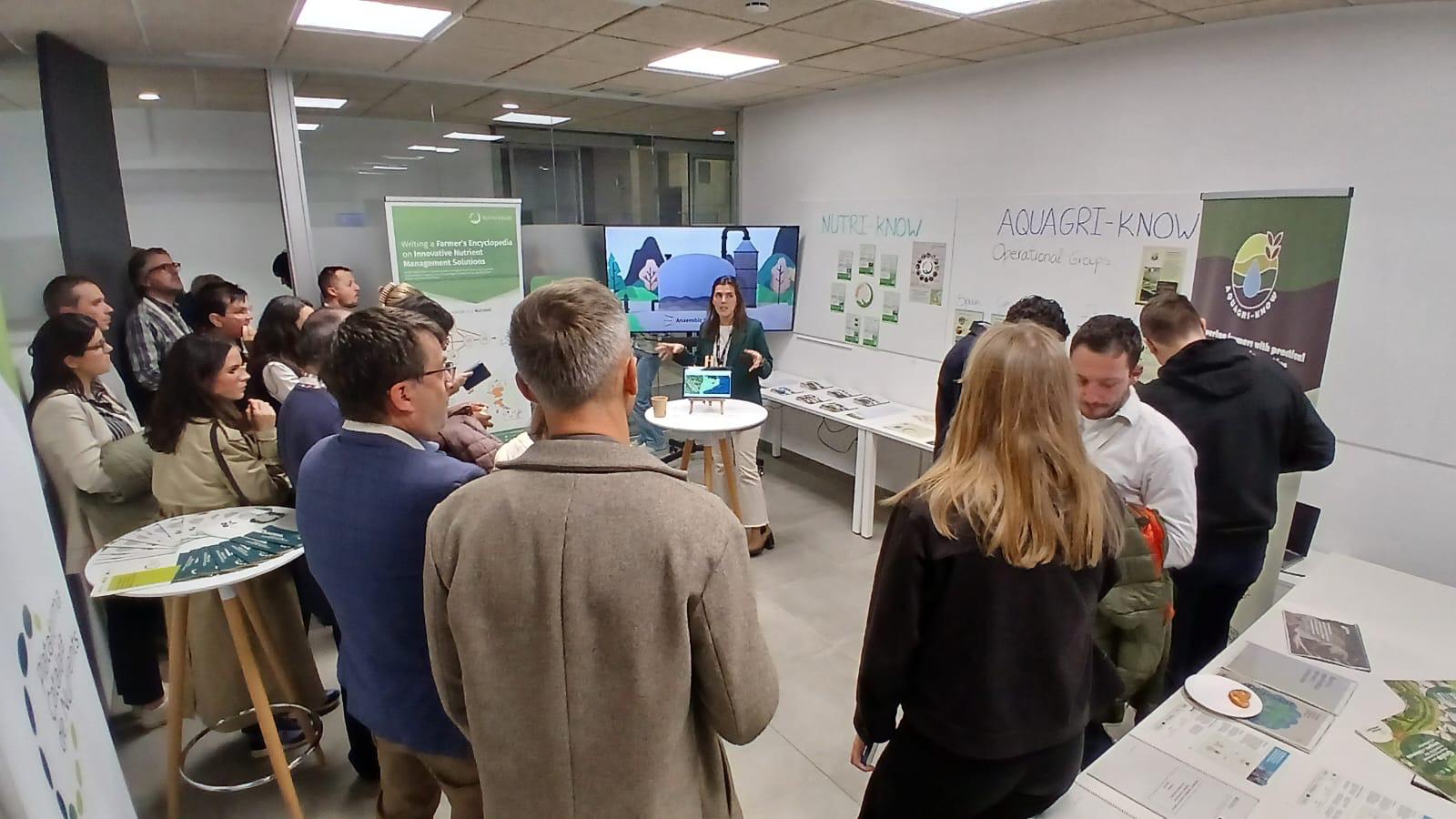Vic hosts the SCAR-AKIS working group to discuss agricultural innovation and knowledge systems
It was attended by representatives of the European Commission (DG AGRI) and heads of ministries, agricultural chambers, research centres and advisory services from the member states.

Last week, the city of Vic hosted one of the meetings of the European Commission’s SCAR-AKIS working group, dedicated to analyzing and improving Agricultural Innovation and Knowledge Systems (AKIS) in Europe. The meeting, held in the Sala Gòtica and co-organized by the BETA Technology Center and the Department of Agriculture of the Catalan Government, brought together around thirty participants from several European countries.
It was attended by representatives of the European Commission (DG AGRI) and heads of ministries, agricultural chambers, research centres and advisory services from the member states. The SCAR-AKIS group is part of the Standing Committee on Agricultural Research (SCAR) and works to strengthen the integration between research, advisory services, training and agricultural practice, with the aim of accelerating innovation and sustainability in the sector.
During the sessions, annual progress was reviewed and future priorities were defined, with particular attention to the role of information systems and advisory services, the continuity of Operational Groups (EIP-OGs), the use of Simplified Cost Options (SCO) and initiatives to support young farmers. Strategic issues such as the post-2027 CAP and the prospects for the Horizon Europe programme were also addressed.
The participants complemented the meeting with two technical visits to AKIS innovation experiences in Catalonia. The first was to the Granja Porcina Selecció Deseuras (Sant Bartomeu del Grau), a pioneering family farm in the circular economy that has a biogas plant to transform manure into renewable energy and organic fertilizer, and that actively participates in Operational Groups and waste recovery projects.
The second visit took place at the BETA Technology Centre, where attendees got to know the laboratories and pilot plants dedicated to the circular bioeconomy, nutrient recovery and the development of environmental solutions. The visit allowed us to show the center’s role as a connector between science, administration and productive sectors to promote more sustainable rural development.
